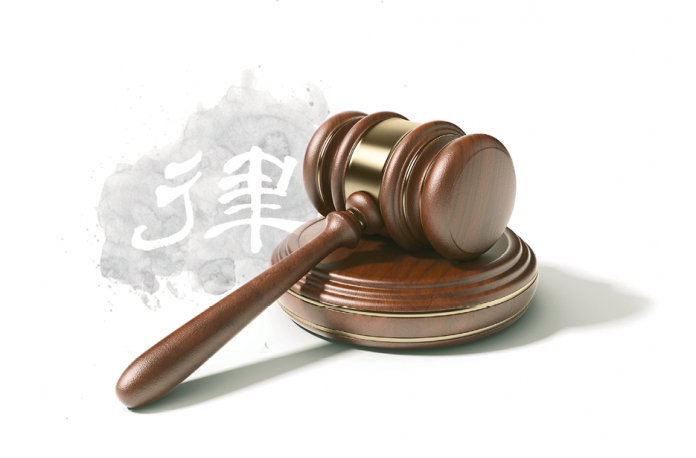THIS ARTICLE considers the concept of subrogation in common law jurisdictions. It begins by explaining the terminology and how the concept applies in the context of guarantees and insurance contracts. It then considers the Chinese terminology and how the issues are treated under Chinese law.
SUBROGATION IN COMMON LAW JURISDICTIONS
In common law jurisdictions, the term “subrogation” is used to refer to the situation where a party has the right to exercise the rights or claims of another party against a third person. The effect is that the party that has the benefit of the right of subrogation is “substituted” for the other party (i.e., it is able to “stand in the shoes” of the other party) in relation to its rights or claims against the third person. In fact, the term “subrogation” is derived from the Latin word subrogatus, which means “to be made a substitute for another”. Interestingly, the words “subrogate” and “surrogate” share the same Latin root.

The right of subrogation can arise either by contract (known as “conventional subrogation”) or by the application of equitable principles (known as “equitable subrogation”). In the latter case, subrogation operates as a remedy that arises independently of contract and is recognized by principles that constitute the body of law known as equity (for a discussion about equity and how it differs from the “common law”, see China Business Law Journal volume 3 issue 5: Law or Equity?).
You must be a
subscribersubscribersubscribersubscriber
to read this content, please
subscribesubscribesubscribesubscribe
today.
For group subscribers, please click here to access.
Interested in group subscription? Please contact us.
你需要登录去解锁本文内容。欢迎注册账号。如果想阅读月刊所有文章,欢迎成为我们的订阅会员成为我们的订阅会员。
A former partner of Linklaters Shanghai, Andrew Godwin teaches law at Melbourne Law School in Australia, where he is an associate director of its Asian Law Centre. Andrew’s new book is a compilation of China Business Law Journal’s popular Lexicon series, entitled China Lexicon: Defining and translating legal terms. The book is published by Vantage Asia and available at beta2.law.asia.




























